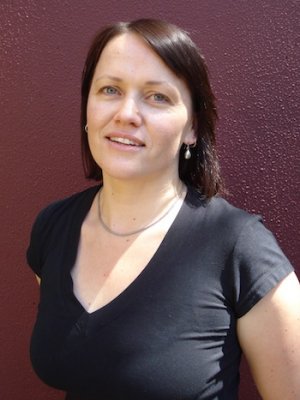
One-in-four women with a history of infertility can still end up having a baby without treatment, a new study from The University of Queensland (UQ) shows.
The study led by Dr Danielle Herbert, from the School of Population Health and Centre for Clinical Research, reveals that women who have been clinically diagnosed as infertile after 12 months of unsuccessfully trying for a baby may actually just need longer to conceive.
"Many women aged up to 36 years with a history of infertility, especially those who have already had a baby, can achieve spontaneous conception and live birth without using fertility treatment indicating they are sub-fertile rather than infertile," Dr Herbert said.
The study shows one-in-four Australian women aged 28-36 years who reported a history of infertility had a baby without using fertility treatment, and a further one-in-four had a baby after undergoing fertility treatment, which included IVF or fertility hormones, such as Clomid.
Half of those women who had not used treatment had already had a baby prior to reporting infertility.
Dr Herbert said the national study, which appears in the journal Fertility and Sterility, offers a more complete picture of infertility in Australia compared to previous clinic-based studies.
“The strength of this study is the inclusion of all women with a self-reported history of infertility,” she said.
“That means that women who have experienced difficulty falling pregnant but not sought treatment are included, as well as women who do seek treatment but do not become pregnant.”
The research is part of the Australian Longitudinal Study on Women’s Health which has followed more than 8,000 women since 1996. This latest data comes from surveys conducted in 2006 and 2009.
For women who did have a baby, there was no difference in pregnancy complications - including stillbirths or premature births - between those who did and those who didn't use fertility treatment. Women who received fertility treatment were more likely to have twins.
Dr Herbert said that while the study has its limitations – researchers do not know if women changed male partners during the study period – it provides important evidence that can help doctors decide when best to start patients on fertility treatment.
“These findings are particularly encouraging for women aged up to 36 years who have previously had a baby, or been diagnosed with unexplained infertility – that is the woman is ovulating regularly and their partner is making good quality sperm - to persevere to conceive without treatment.”
Media Contact: Kirsten Rogan, Communications and Media, University of Queensland Faculty of Health Sciences, 07 3346 5308, 0412307594 or k.rogan@uq.edu.au











